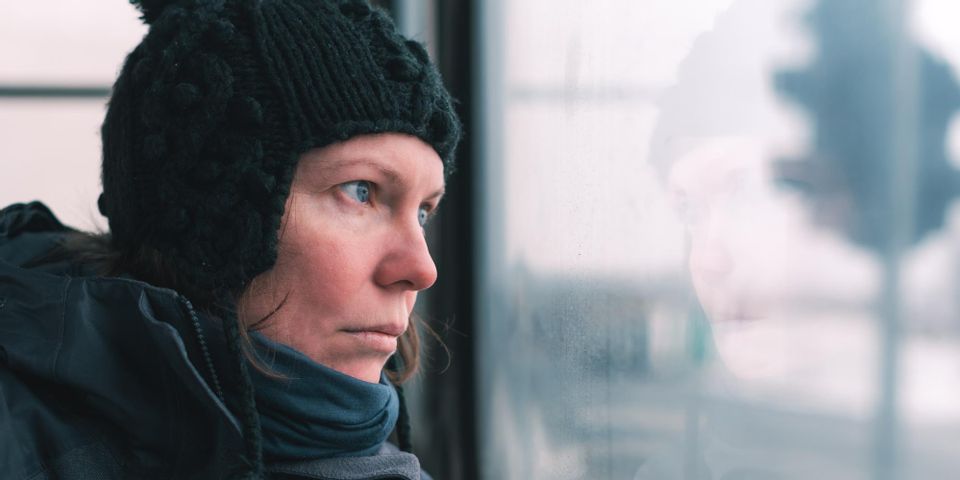A Guide to Seasonal Affective Disorder (SAD)

December 21 was the shortest day of the year, with residents of Anchorage only receiving about 5 hours of sunlight. We’ve since been gaining day light but for many people, the overall lack of sunlight in winter contributes to a condition called seasonal affective disorder (SAD). SAD is a common mental health care concern that’s estimated to impact half a million Americans. However, many individuals may suffer from the disorder without realizing it due to a lack of awareness. The guide below will help you take care of your mental health this winter.
What Is Seasonal Affective Disorder?
Also called seasonal depression, seasonal affective disorder is a type of depression that a patient experiences around the same time every year. For most people, symptoms begin in fall or winter and subside in spring or early summer. The symptoms, which resemble those of major depression, include the following:
- Sadness or feeling of hopelessness
- Loss of interest in formerly enjoyable activities
- Anxiety or irritability
- Appetite and weight changes
- Sleeping pattern disruption and exhaustion
- Trouble focusing
- Low energy or feeling sluggish
- General aches and pains
What Causes It?
Most theories propose that the shorter days and reduced sunlight in winter contribute to the condition.
The seasonal changes in daylight disrupt your sleep-wake cycle by increasing your body’s production of melatonin, a hormone that’s responsible for lowering your energy level when it’s dark outside. The decreased sunlight also reduces your body’s ability to synthesize serotonin, a neurotransmitter that regulates your mood.
What Are the Treatment Options?
 Patients with SAD have a number of treatment options. Some individuals find that they only need to use one method, while others rely on a combination of modalities.
Patients with SAD have a number of treatment options. Some individuals find that they only need to use one method, while others rely on a combination of modalities.
Light therapy is among the most popular choices. Many health care professionals recommend that SAD patients sit in front of a light therapy box for 30 minutes each morning to improve their mood.
Lifestyle factors are also important. Regular exercise can increase your body’s production of mood-regulating chemicals. Going outside may not seem appealing in the cold, but even just a daily walk can give you a healthy dose of sun, fresh air, and physical exertion. A well-balanced diet with lots of fruit and vegetables can keep your mood and energy up. Socializing with the people you love is also an essential component of mental health care.
Counseling, or discussing your feelings with a mental health professional, can help you develop healthy ways to cope with your symptoms. A physician or psychiatrist can also prescribe antidepressant medication to help with severe depression and anxiety.
If you or a loved one is suffering from SAD, turn to the mental health professionals at Hillside Family Medicine. Located in Anchorage, AK, this full-service clinic treats patients with a wide variety of medical conditions. Their compassionate mental health team helps people manage depression, anxiety, and other issues so they can live life to the fullest. Learn more about the clinic’s comprehensive health care services online, and call (907) 344-0200 to schedule an appointment.
About the Business
Have a question? Ask the experts!
Send your question

